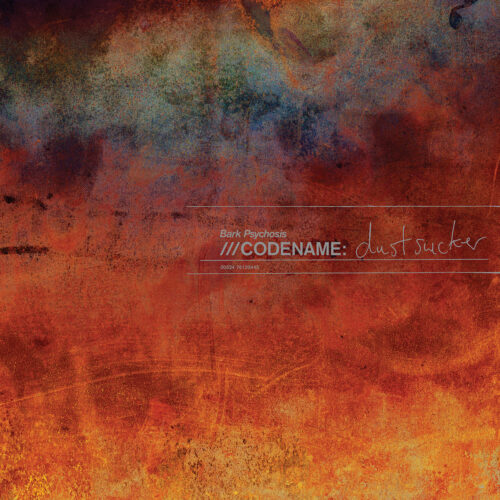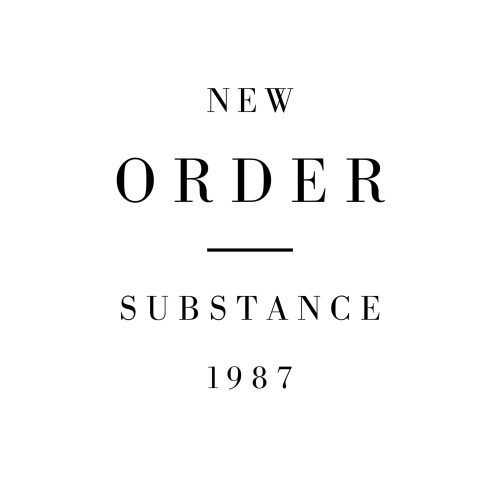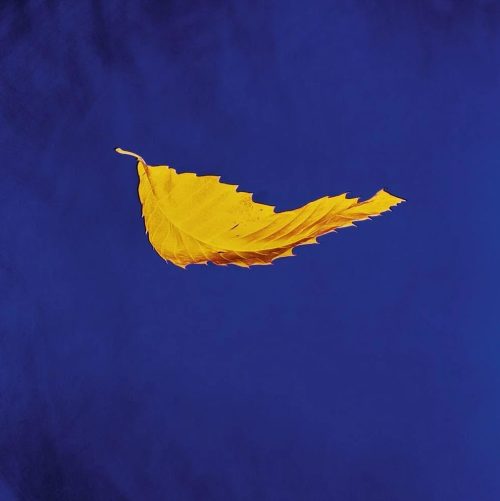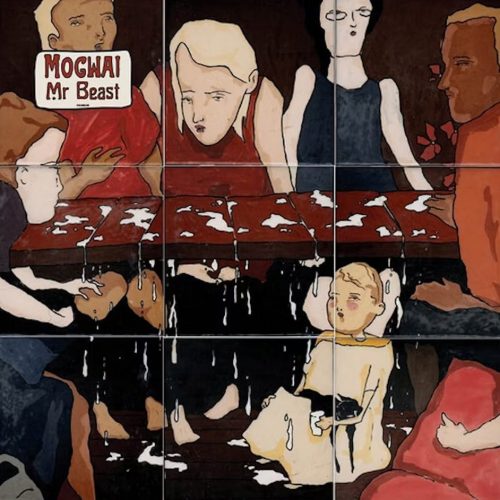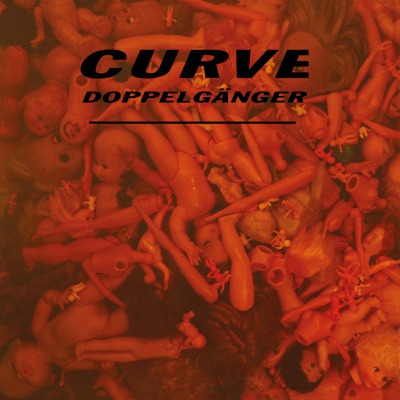Codename: Dustsucker
Label: Fire Archive
Genre: Experimental, Highlights, Indie Rock
$52.99
Out of stock
Audiopile Review: The post-rock genre has three distinct phases. First, electronically enhanced 90s UK indie groups like Disco Inferno. Second, more cerebral instrumental groups from the US, like Tortoise. And more recently, epically atmospheric groups in the Godspeed You! Black Emperor mould. If one band effortlessly bridges all three phases, it’s Bark Psychosis. The band emerged from the same wastelands of far-east London as Disco Inferno (the two even kinda shared a keyboard player). Starting off as a teenaged Napalm Death covers band, Graham Sutton and his schoolmates gradually formed this primal noise into a jazzy atmosphere redolent of late period Talk Talk. Their 1994 debut album ‘Hex’ is rightly considered one of the highpoints of early UK post-rock. It encompasses the fiery experimentalism of the UKPR scene, as well as the sophisticated ensemble playing of the then-emerging US scene. And it will certainly appeal to fans of post-rock as we know it today. It even fits right in with the current enthusiasm for melancholy dreampop and slowcore. If ‘Absent Friend’ does not melt your heart, probably nothing ever will. Despite being released on a major label, this masterpiece failed to find an audience and Bark Psychosis soon dissolved. Sutton returned a full decade after ‘Hex’ was released, bearing a follow-up LP. ‘Codename: Dustsucker’ is grittier and more eclectic than ‘Hex’, but it is every bit as well-realized and emotive. Both these albums are lost classics that just so happen to be perfectly suited for reflective autumn listening.
Following the reissue of ‘Hex’ in late 2017, Fire Records reissue Bark Psychosis’ second studio album ‘///Codename:Dustsucker’ (2004) “which finds the band in remarkable form” (Pitchfork).
Arriving ten years after the band disbanded, the long-awaited and criminally overlooked follow up brings with it an evolution of their sound. Their experimentations are layered with blissed out electronics, shoegaze, post-rock and jazz are still at its fore as are Sutton’s crystalline vocals. Languid and brooding, the soundscapes are dark and sustained while their “trademark cocoon of limpid, rippling guitar figures and jazzy adornment is buffeted by sharp leftward turns” (Uncut).
Recorded in Graham Sutton’s East London DustSuckerSound studio between 1999 and 2004, it features contributions from Talk Talk sticksman Lee Harris and ‘found drumming’ from ex-band member Mark Simnett.
Bark Psychosis’ ‘///Code

